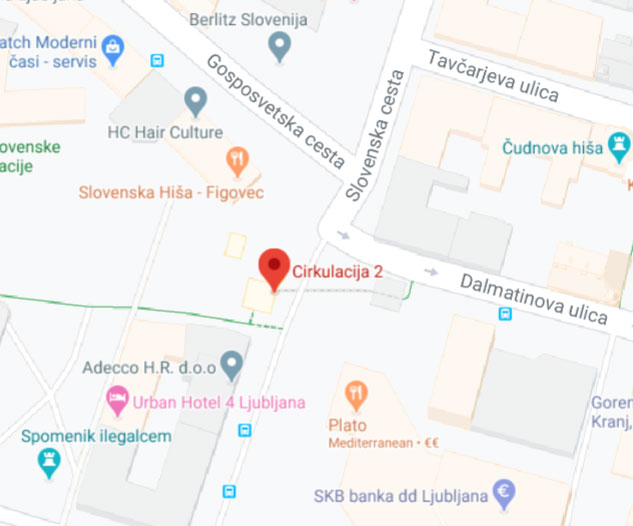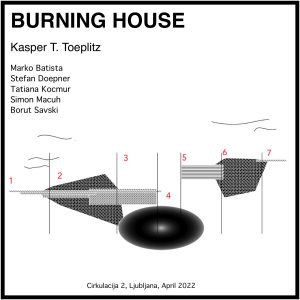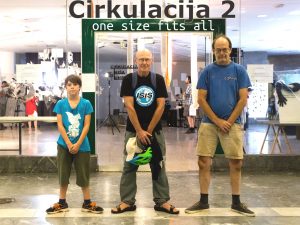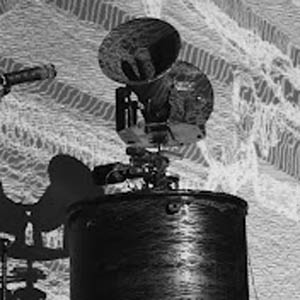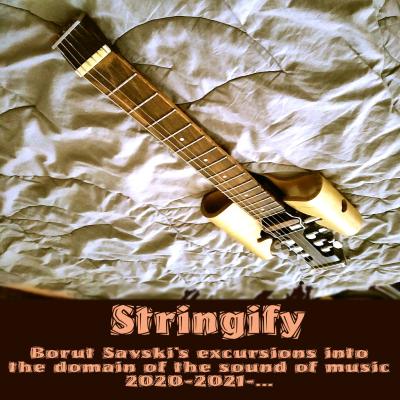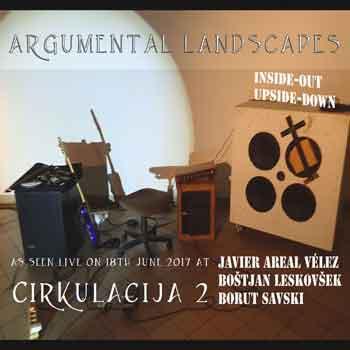2×15 loudpeakers midi controller
2 rows of 15 small loudspeakers via relays controlled by MIDI devised by Boštjan Leskovšek
Two rows of loudspeakers (1 each meter) were mounted on wooden lengths – on two opposite walls. So: 15 meter long lines.
15 pins on arduino UNO were used with transistor switches to open one of 15 relays. 15 relays’ outputs were connected to power amplifier output – to switch the amplifier to the selected loudspeaker (we decided to switch on only one loudspeaker at any moment – to not to overload the amplifier). This is parallel connection of loudspeakers.
MIDI control:
– define a MIDI channel to distinguish between the various controllers on MIDI cable
– 15 notes (0 to 14) define each loudspeaker. Any note velocity value above zero switches the relay on
– notes 15, 16, 17 define the three functions: single step forward, single step backward, single step forward-backward (palindrome). Velocity received with these notes is the measure of speed of progression. This is not in the code below.
Boštjan Čadež provided this arduino program (SpeakerRelayMidi.txt):
/**
include arduino MIDI library found here http://arduinomidilib.fortyseveneffects.com/a00025.html
**/
#include "Structs.h"
#include "MIDI.h"
#include "midi_Defs.h"
#include "midi_Message.h"
#include "midi_Namespace.h"
#include "midi_Settings.h"
//#define DEBUG
#define MIN_SPEED 100
#define MAX_SPEED 10000
#define MIDI_CHANNEL 4
#define PINS 15
int pinArray[] = {13, 12, 11, 10, 9, 8, 7, 6, 5, 4, 3, 2, 14, 15, 16};
int timer = 100;
int currentSpeaker=0;
boolean goingBack=false;
Timer change;
unsigned long currentTime;
MIDI_CREATE_DEFAULT_INSTANCE();
void startTimer(Timer* timer,long interval,boolean repeat,void (*callbackFunction)());
void handleNoteOn(byte inChannel, byte inNote, byte inVelocity)
{
if(inNote0)stepDown();
else
{
goingBack=false;
stepUp();
}
}
}
void rnd()
{
int nextSpeaker=random(PINS);
digitalWrite(pinArray[currentSpeaker], LOW);
digitalWrite(pinArray[nextSpeaker], HIGH);
currentSpeaker=nextSpeaker;
}
void startTimer(Timer* timer,long interval,boolean repeat,void (*callbackFunction)())
{
// Serial.println("timer started");
timer->startTime=currentTime;
timer->interval=interval;
timer->repeat=repeat;
timer->callbackFunction=*callbackFunction;
timer->running=true;
}
void checkTimer(Timer* timer)
{
//Serial.println("timer check");
if(timer->running AND (currentTime - timer->startTime > timer->interval))
{
timer->callbackFunction();
//Serial.println("timer step");
if(timer->repeat)
{
//resetTimer
timer->startTime=currentTime;
// Serial.println("timer reset");
}
else
{
//stopTimer
timer->running=false;
}
}
}
void stopTimer(Timer* timer)
{
timer->running=false;
}




